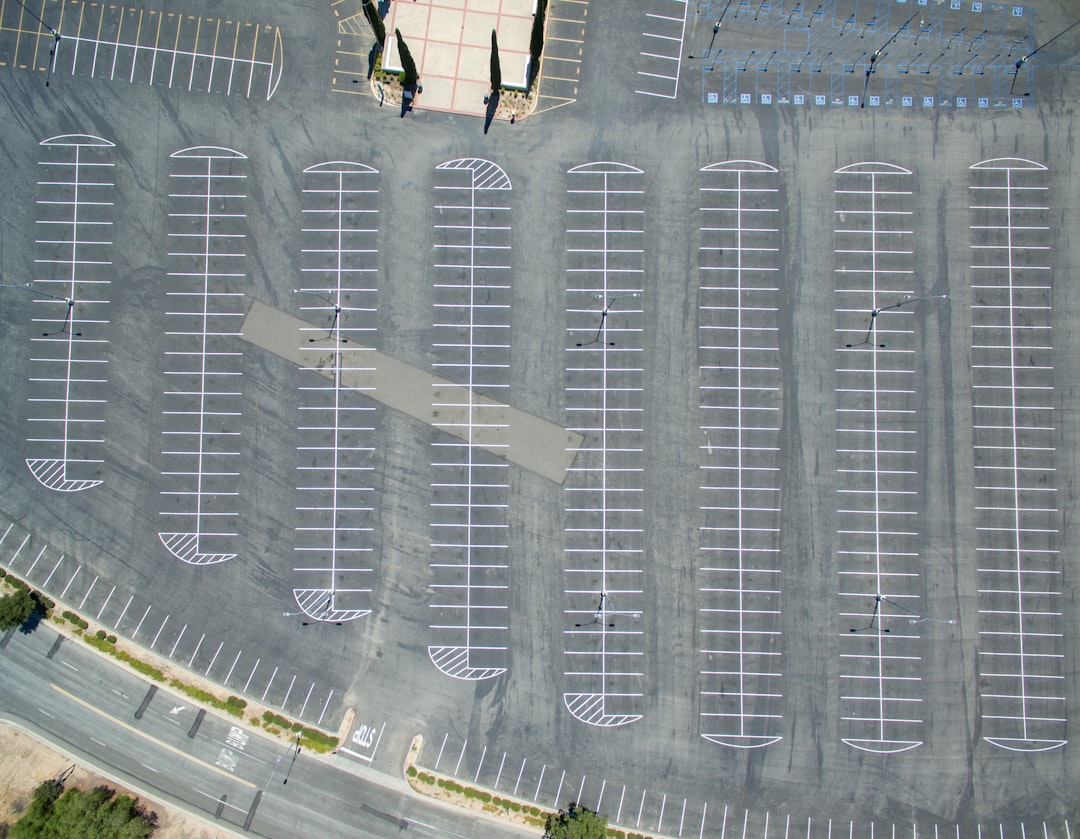CountBricks: Solar Water Heater San Diego Guide & Costs
Construction Costs San Diego
Price source: Costs shown are derived from our proprietary U.S. construction cost database (updated continuously from contractor/bid/pricing inputs and normalization rules).
Eva Steinmetzer-Shaw
Head of Marketing
Why San Diego Professionals Choose Solar Water Heaters
With over 260 sunny days annually, San Diego is ideal for solar thermal technology. A well-sized solar water heater can meet up to 80% of a household's hot-water needs, reduce utility bills, and increase property value. In 2026, installation costs range from $9,000 before incentives, with potential reductions to $5,600 after applying the 30% Federal ITC and local rebates.
Understanding Solar Water Heater Systems
Solar water heaters use roof-mounted collectors to capture sunlight, transferring heat to a storage tank. Most systems in San Diego are active, indirect designs with freeze-protected heat-transfer fluid. Key components include the collector array and a heat exchanger-equipped storage tank.
Key Technical Terms
- Collector Efficiency – ratio of solar energy converted to usable heat
- Solar Fraction – percentage of total hot-water load met by the system
- OG-100/OG-300 – SRCC certifications required by California code
Cost Breakdown for an 80-Gallon System
- Collectors: 40% of budget (2–3 high-efficiency flat plates)
- Storage Tank & Heat Exchanger: 20%
- Pumps, Controllers, Piping: 15%
- Roof Mount & Flashing: 10%
- Permits, Labor, Inspection: 15%
Streamlining Bids with CountBricks AI
Traditional takeoffs for solar systems require detailed calculations. CountBricks simplifies this by converting voice conversations into complete scopes, mapping them to live cost databases.
CountBricks Workflow
- Speak the project: “Two-story, 2,200 sq ft, install 80-gallon solar water heater.”
- AI converts speech to tasks, quantities, and assemblies.
- Blueprint upload triggers automated roof-pitch and azimuth detection.
- CountBricks matches components to current San Diego pricing.
- A branded PDF quote, Gantt timeline, and invoice are generated instantly.
Permitting and Compliance in San Diego
San Diego County requires OG-300 certified systems, roof-load verification, and Title 24 documentation. CountBricks maintains an updated library of permit fees and inspection checklists.
Pro Tips for Faster Approval
- Submit structural calculations confirming added dead load is under 3 psf
- Use pre-filled Title 24 templates to cut paperwork time
- Schedule inspections on the same day to avoid delays
Installation Best Practices
- Position collectors within 15° of true south for maximum gain
- Maintain a ¾-inch slope per 10 feet on lines to prevent air locking
- Use stainless-steel quick-connects for service efficiency
- Insulate exterior lines with UV-rated EPDM for durability
Maximizing ROI Through Maintenance
Regular glycol testing and anode-rod replacement extend system life. CountBricks maintenance schedules can be integrated into calendars, linking to service contractors.
Why Choose CountBricks
- Real-time local pricing ensures competitive bids
- Voice-to-estimate workflow delivers quick quotes
- Integrated takeoffs ensure accurate installations
- Branded documentation enhances professionalism
- Support from San Diego-based specialists
Start your next solar water heater estimate at CountBricks.com.
CountBricks Case Spotlight: La Jolla Retrofit
The Ramirez family aimed to cut utility costs by half without altering their home's roofline. Partnering with a local GC using CountBricks, they achieved significant savings.
Project Challenges
- Limited south-facing roof area
- Strict HOA guidelines
- Coastal corrosion risk
CountBricks Solutions
- AI calculated usable collector space quickly.
- Material database suggested low-profile collectors.
- Voice-driven estimate added corrosion-resistant hardware.
Outcome
The 64-gallon system achieved a 71% solar fraction, reducing utility bills significantly. The project was completed in 48 hours thanks to CountBricks.
Additional Tips for Contractors
- Coordinate with solar PV installers to share roof penetrations
- Bundle solar water heating with heat-pump units
- Offer maintenance subscriptions for predictable revenue
Next Steps
Explore more success stories at CountBricks.com.

